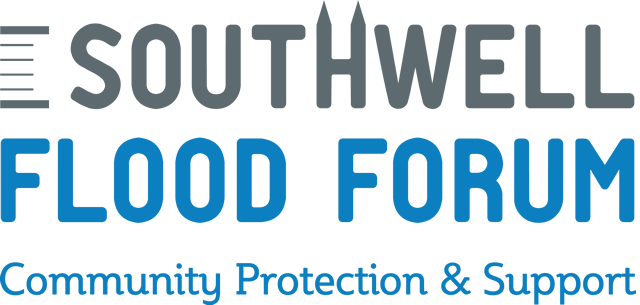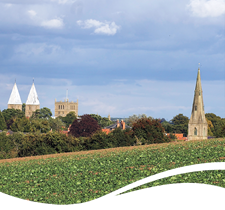We are delighted to have been approached by Shaun Maskrey, a PhD student at The University of Nottingham, to participate in a pilot method of flood modelling which involves local people in decision making.
We understand this will prove very advantageous to help shape the way forward for reducing our flood risk and will show our funders that the community is dedicated to achieve a positive outcome.
Jacky Huson met Shaun and his Professor, Nick Mount by chance at the National Flood Forum conference in March. They explained that they were working on participatory modelling techniques with the community at Hebden Bridge, West Yorkshire which was severely flooded twice in the summer of 2012. He now wants to build on that successful project.
Shaun attended our public meeting on April 10th to find out more about our flooding and talk to people about his project.
“I am delighted that Southwell Flood Forum are partnering with the University of Nottingham on a novel research project that aims to build a community understanding of flood risk in Southwell.”
Workshops
Starting January 2015, The University of Nottingham will be hosting a series of five workshops (on roughly a monthly basis in Southwell), which bring together expert and non-expert members of the Southwell community, to collaboratively build a model of flood risk based on their collective knowledge and experience.
Shaun is collating a list of community members that are interested in supporting this project and attending the participatory workshops. Prior to that he will be conducting some informal interviews with a few people, from which he will identify what different individuals/groups see as the problem and its causes.
If you, or someone you know, might be interested in taking part, please get in touch with Shaun.
He is happy to provide more information or answer any specific questions you may have.
Shaun Maskrey
University of Nottingham
shaun.maskrey@nottingham.ac.uk
0115 9515383
07887 398337 (office hours only please)
For a flyer about the project click here and see below
There will not be an expert stood at the front imparting their knowledge: all of the activities will aim to co-generate knowledge with everyone on an equal standing, and everyone’s views equally valid. Local knowledge has long been missing from flood modelling that focusses much more on likelihood than consequences, and there is a move (within the Environment Agency and elsewhere) to find ways of working with local communities so that those managing flood risk understand aspects of risk such as resilience.
The project would use a novel participatory technique to:
- Bring together a diverse group of local stakeholders (i.e. those with an interest in flood risk)
- Share knowledge, expertise and understanding about flood risk
- Build a model of their collective understanding
- Use that model to build consensus around how flood risk can be managed in Southwell
Testimonials
Participants had the following to say about the project:
“…what it has created is a much clearer mental map of flood causation, and therefore flood risk reduction, and an understanding that you shouldn’t just assume that the way to respond to flooding … is to do one thing. Rather there are multiple risks, there are multiple interventions, and you need to balance them…”
“I think I’ve become much more aware that local knowledge is really important and that every situation is probably unique, and you can’t have a central model, [where] the government says, ‘right everyone, do this’, because everywhere is different.’
‘… being able to sit around a table, you know, with various experts, and that contact. I found it much easier to get engaged with ideas.”
“It gets away from … so-called ‘experts’ sitting at the front of the room, saying these are the solutions, to people who might be receptive or indeed might be hostile to that; and it brings it back to a more participatory approach, which I think is really powerful.”


